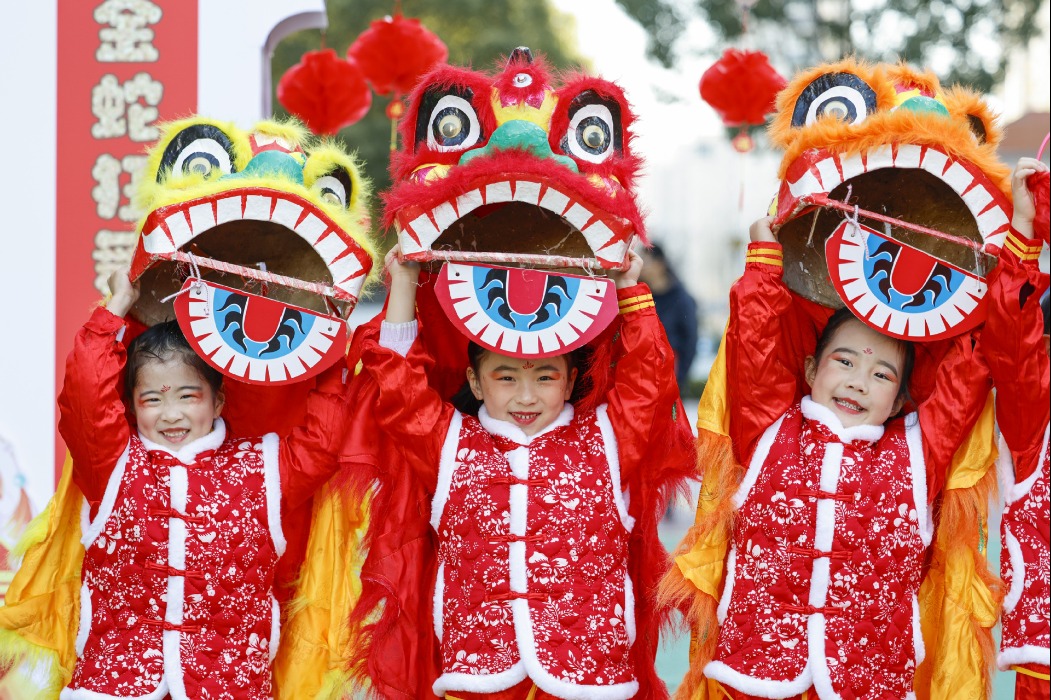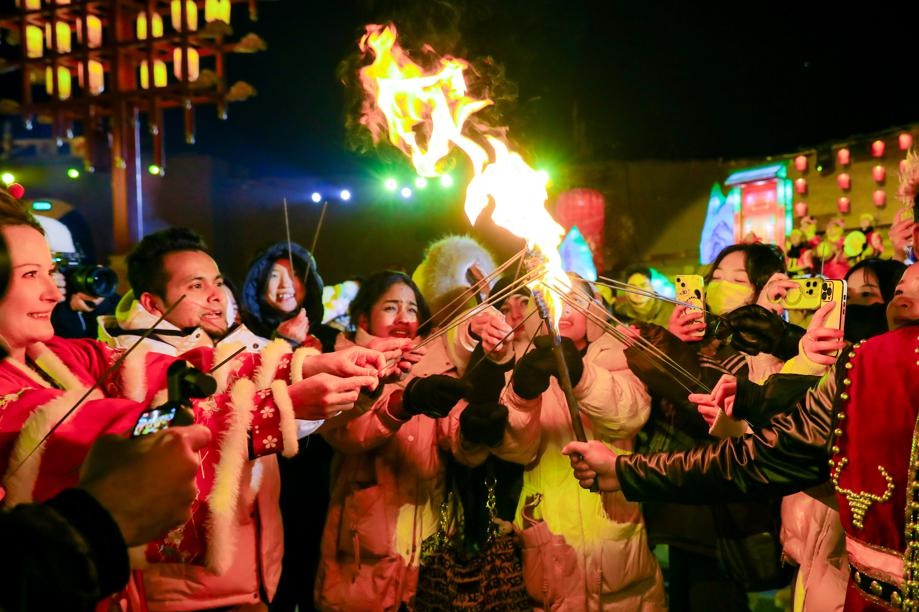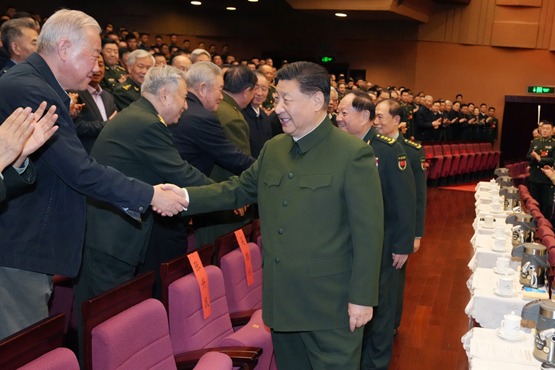China's efforts ease foreigners' worries

As an international student in China, I have always been captivated by the level of development the country has realized. The city of Wuhan, which will be my home for the next three years, displayed special splendor, order and opulence.
I always looked for opportunities to travel to different scenic points in the city, mostly on weekends.
It was for this reason that I, like many international students, looked forward to the January-February semester break. We would then have time to travel and relish Wuhan and other cities in China. This dream was cut short this year, however, when the authorities announced the outbreak of the coronavirus in Wuhan.
What started with a few infections has since become an epidemic, infecting thousands and spreading beyond China to other countries including the United States, Japan, Thailand, South Korea, India and the Philippines.
The situation has fomented fear, panic and even despair among residents of Wuhan.
In order to contain the spread of the virus, the government announced a curfew, bringing the city into lockdown.
No trains, planes, vehicles or water vessels are allowed to either leave or enter the city, except under special circumstances. Such developments have made the situation more unpleasant, especially for foreign nationals in the city.
One would imagine the lockdown taking a toll on the city, perhaps leading to chaos. Many international students, for instance, wondered how life would be under the restricted movements. With shops closed, we wondered how we were going to replenish our food supplies and drinking water.
In the days that followed, however, the administration of Central China Normal University demonstrated a high degree of responsiveness that made both the safety and the well-being of international students a priority.
Students were immediately provided with hand soap, surgical masks and thermometers. The school hospital was activated to respond to any medical concerns. Information on how to protect students from the spread of the coronavirus was circulated and displayed in strategic public spaces. The university also ensured that canteens and other eateries on campus were functional, easing students' worries.
Beyond the university, national and regional governments raced to contain the coronavirus, regularly updating the public on the progress made. It was heartening to see the World Health Organization and other leading regional organizations endorse the pragmatic measures taken by China to manage the outbreak.
The Chinese people have demonstrated that with synergy and knowledge-driven action, the coronavirus can be defeated. The establishment of additional hospitals and increased production of medical supplies are further signs that the Chinese government has put the lives of citizens at the core of policy decisions.
These actions have helped the international community in Wuhan feel a sense of ease. The cooperation of various embassies and the foreign affairs office in Wuhan and at different universities has also lessened anxiety among international students.
Although additional infections are reported each day, the number of patients who have been treated effectively and discharged is also increasing. One of the most inspiring stories is that of a nurse who resumed her duties after recovering from infection by the virus.
As China intensifies efforts to contain the virus, the international community must work in unison to help end the threat.
Coronavirus is not a Chinese affair, much like Ebola was never an African affair. Viruses don't need passports to cross borders. Viruses have no religion, race or tribe.
While Wuhan remains on lockdown, everyone must continue to take precautionary measures and deny the coronavirus the opportunity to spread further. Thousands of international students remain in Wuhan, encouraged by the resilience, generosity and industry of the Chinese people.
We will eventually resume our vibrant, multicultural and fulfilling academic lives that Wuhan has afforded so many of us.
The writer is a PhD student of international relations at Central China Normal University as well as a Belt and Road tourism ambassador. The views do not necessarily reflect those of China Daily.
?






































